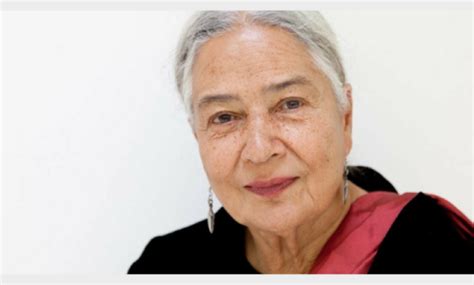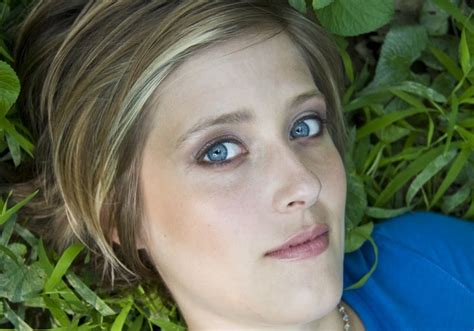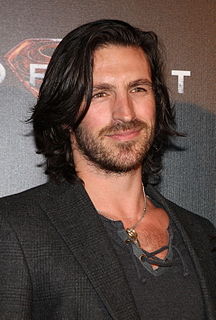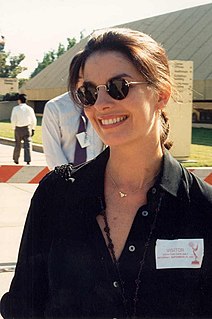A Quote by Anita Desai
Usually a feeling of disappointment follows the book, because what I hoped to write is not what I actually accomplished. However, it becomes a motivation to write the next book.
Quote Topics
Related Quotes
You have to surrender to your mediocrity, and just write. Because it's hard, really hard, to write even a crappy book. But it's better to write a book that kind of sucks rather than no book at all, as you wait around to magically become Faulkner. No one is going to write your book for you and you can't write anybody's book but your own.
For many years I wanted to be a rock star but of course that didn't work out. I did however write on napkins and pieces of paper sentences and occurrences. I decided maybe I should write a book because I had been writing so much. I'm actually writing a book based on The Room that will hopefully be published soon.
I think, for me, there's The Book I Should Write and The Book I Wanted to Write - and they weren't the same book. The Book I Should Write should be realistic, since I studied English Lit. It should be cultural. It should reflect where I am today. The Book I Wanted to Write would probably include flying women, magic, and all of that.






































